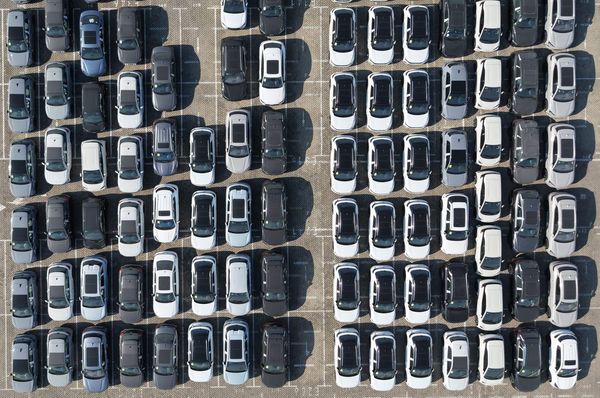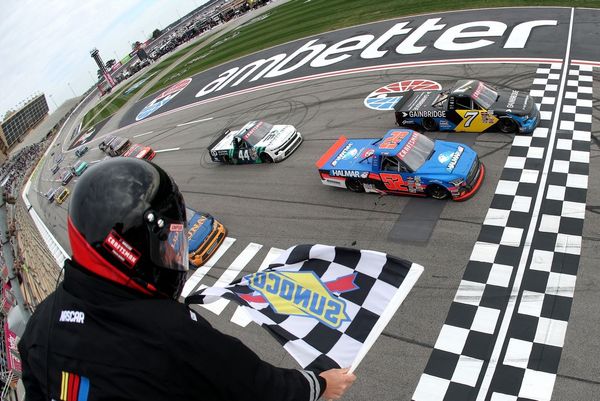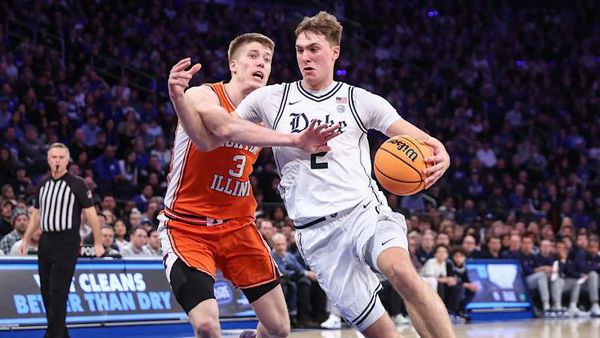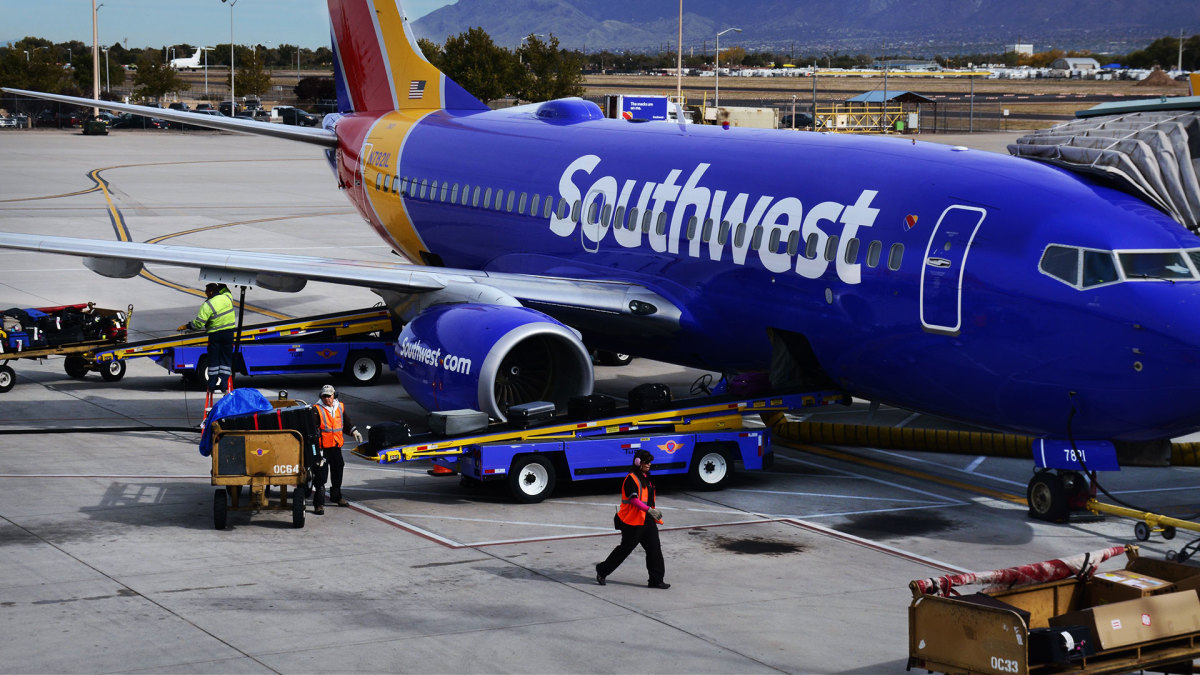
When any business has a captive customer, they hold incredible pricing power. That's why candy, popcorn, and soda cost outrageous prices at movie theaters.
The same logic applies at airports because a person waiting for a flight or making a transfer probably won't opt to leave the airport for lunch. The hassle of having to through security, plus the expense of getting to an offsite restaurant greatly outweigh the added cost to get some chicken tenders at Chili's or some tacos at Chipotle.
Related: Forget bedbugs: The Las Vegas Strip faces a deadly health crisis
Theme park visitors face the same problem, especially at big theme parks like Disney World and Universal Studios. It may also seem ridiculous to pay $4 for a bottle of water or $7.50 for a pretzel at any of Disney's theme parks, but it's a hassle to even go back to your hotel room let alone to visit an offsite location.
Airplanes are, of course, also a place where the business has a lot of control over its passengers. You can bring snacks onboard, but you can't (legally) bring your own alcoholic drinks or WiFi.
Airline passengers also have very limited options when it comes to luggage. There are services that will ship your luggage and that might make sense for something like a set of golf clubs or a guitar, but few people do that with their clothes.
That means that the full-fare airlines have a lot of price flexibility when it comes to baggage and the U.S. government has actually given them a strong reason to raise checked bag fees.
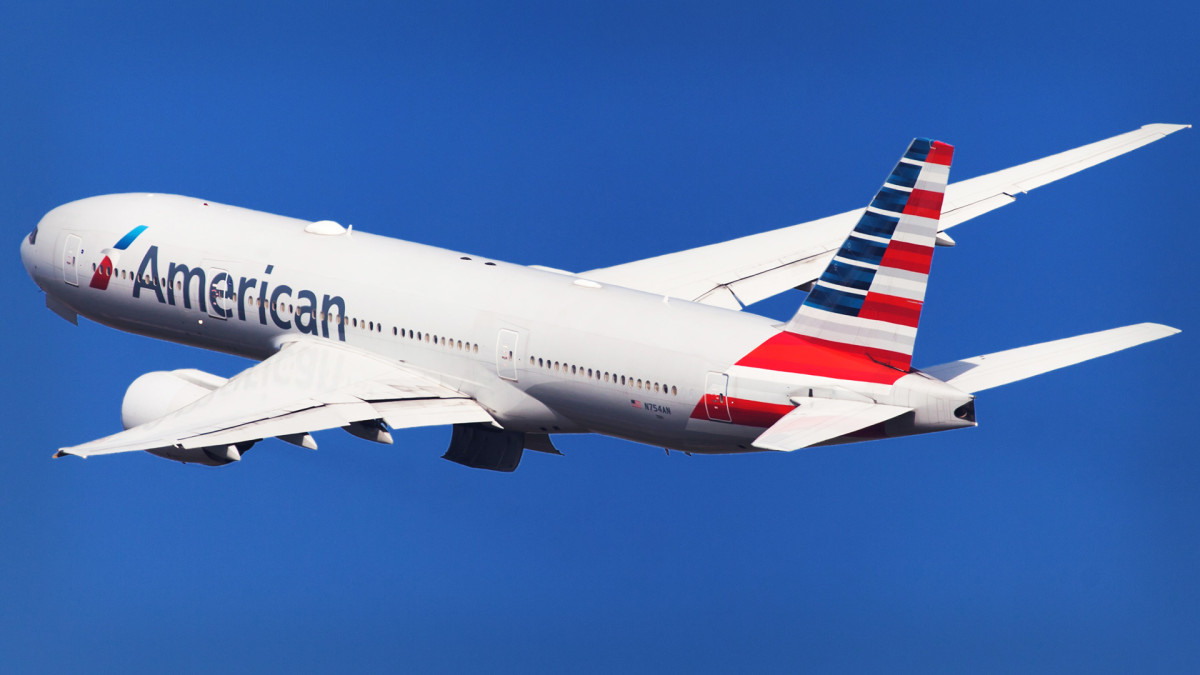
Shutterstock
American, JetBlue, and United all charge for checked bags
In February, American Airlines (AAL) raised its checked-bag fee for your first checked bag to $40 (you get a $5 break for paying before your flight). That was briefly the highest of any of the major carriers until (JBLU) raised its first checked-bag fee to $45 — something it simply did by changing prices on its website which was not communicated to its customers.
Delta Air Lines (DAL) has kept its checked bag fee at $30 while Southwest Airlines (LUV) does not charge for your first two checked bags. Southwest has baked the price of checked bags into its fares, which are still generally lower than its large competitors.
That always seemed like a smart marketing strategy, but it's also the airline making a conscious decision to forego a piece of business that has a higher profit margin the selling tickets. View From the Wing's Gary Leff explained why in a recent post.
Domestic airfare is subject to a 7.5% federal excise tax. Airline fees are not. So there’s a huge incentive in the tax code to unbundle – to move features out of the fare, and to increase the price of those features, even when total revenue between travel and those features does not increase.
Each of the three largest U.S. airlines generates about $1 billion per year in checked bag fees. That means a tax savings to each of around $75 million. (In fact, these fee totals are higher, but aren’t all for domestic travel.)
Basically, the U.S. government, which under President Joe Biden has taken a stand against added and hidden fees, is incentivizing the airlines not to include checked bags as part of their ticket price.
Southwest does charge some fees
While Southwest includes checked bags with all its fares, it does play the tax avoidance game as well. The airline sells a number of products including Early Bird Seating and Business Priority that allow passengers to board planes earlier.
Fees for priority boarding are not subject to the 7.5% tax.
Southwest's Chief Commercial Officer Ryan Green addressed the company's efforts to raise revenue per available seat mile (RASM) during his company's fourth-quarter earnings call.
"I think overall RASM, obviously, we follow that and how we compare relative to the industry, and we're working on working on improving that as we go forward here. I will say that ancillary revenue, the majority of which is boarding products, our Early Bird product as well as our upgraded boarding product is doing very well. We're having record ancillary revenue performance," he shared.
Southwest also made a small change last year that impacted its ancillary revenue. The airline began charging for WiFi by flight segment rather than the day. This forced some passengers with connecting flights to pay the $8 fee multiple times if they wanted to stay connected.

